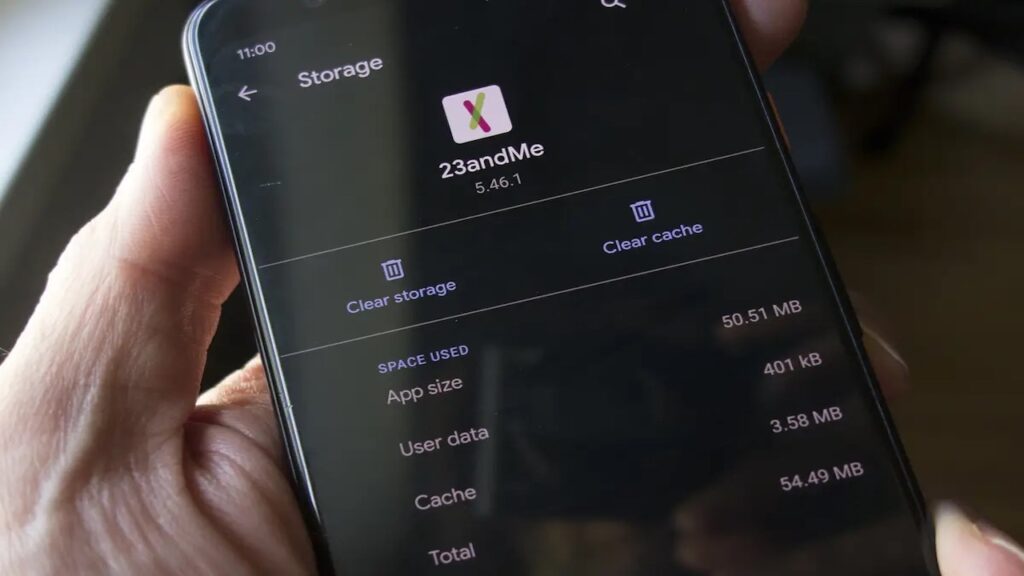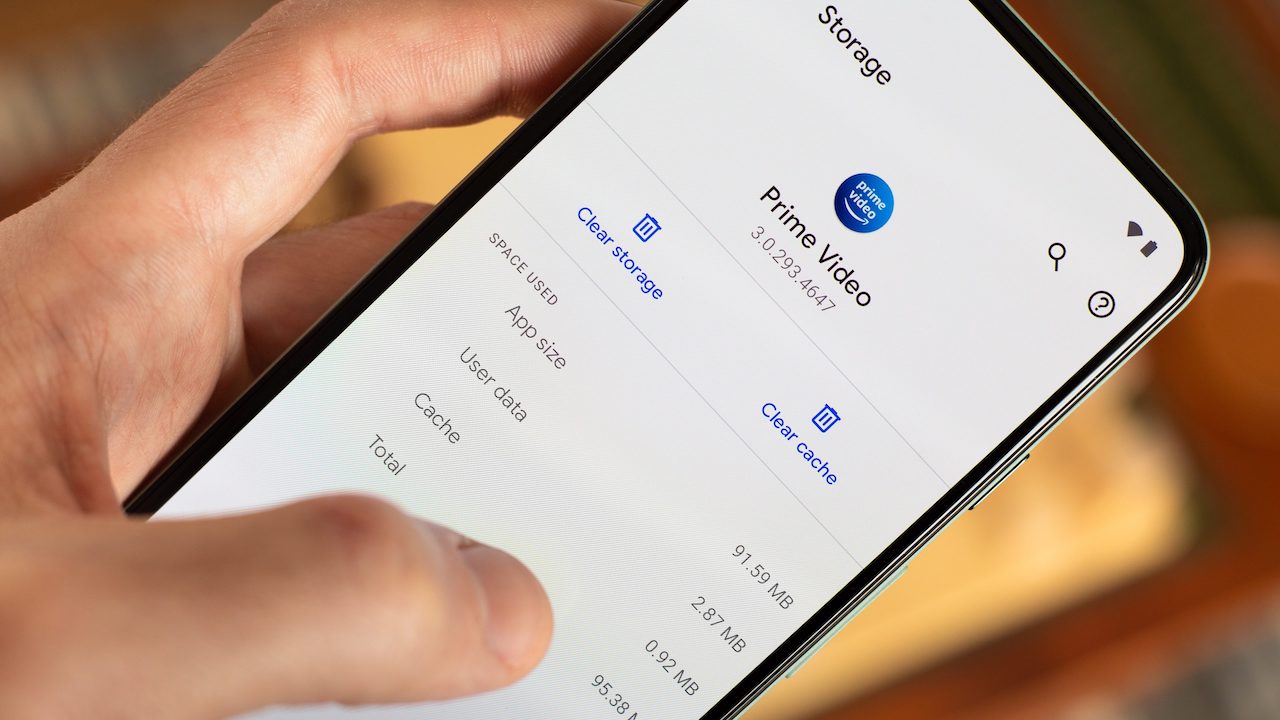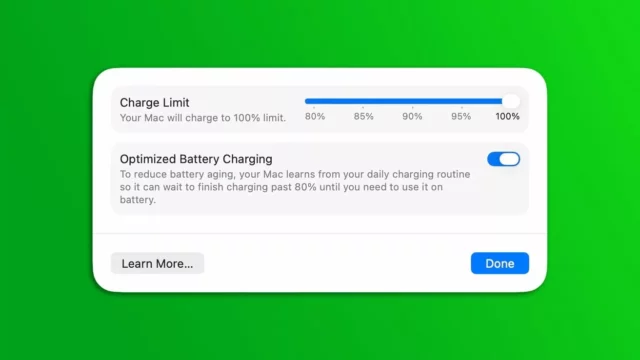Issues with mobile applications are a familiar hiccup for smartphone users, particularly on Android devices. One common and effective solution to these problems is clearing the app’s data storage, which can enhance the device’s performance and solve a myriad of app-related issues.
Why clear app storage?
Clearing an app’s storage not only liberates memory space but also fixes bugs causing apps to freeze or malfunction. It’s an effective approach to resolving overall device lag. This step is less extreme than uninstalling an app but can easily be confused with clearing cache data. Understanding the difference is vital to applying the right solution for your app troubles.
When an app begins to falter, the usual remedies are deleting its cache files or removing its stored data. The cache stores temporary files, helping the app load faster and remember previous settings. Clearing the cache often resolves issues and requires few phone resources, but if the problem persists, clearing the app’s stored data may be necessary.
Clearing an app’s data storage, a more drastic measure, wipes all information related to the app. This includes login information, settings, preferences, and even ongoing task progress. It essentially resets the app to its original state, unlike merely clearing the cache.
How to delete stored app data on Android
Before removing app data, bear in mind that Android phones and their Settings apps may vary based on the phone’s manufacturer. Similarly, not all Android apps are designed alike. Some have in-app settings for performing an app storage cleanse. If this isn’t an option, you can clear the app storage via your phone’s settings by following these steps:
- Launch your phone’s app drawer and long-press on the app icon whose stored data you’d like to delete.
- Tap on “App info” or the lowercase “i” symbol.
- Tap “Storage usage.“
- In the Data section, hit “Clear data.“
This action is irreversible and permanent, so make sure you’re ready to clear the app data.

When you clear an app’s storage, you may need to log in again and reconfigure any previously set notifications. If you were in the middle of a task when you cleared app data, you might lose your progress. Also, remember to grant permissions to any phone features that are required for the app to function properly.
Clearing app storage for Google Play Store and other built-in Android apps
Clearing app data for built-in apps like Google Play Store, Camera, Contacts, Messages, and others, helps fix app-specific issues. It won’t erase any pertinent files, but notification preferences, display options, and other manual changes through the app settings may revert to the system default.
It’s always wise to have a backup of any data you are worried about losing before performing a task that permanently deletes it and resets the app to its original state.
We would love to hear your thoughts. Have you ever needed to clear the storage of an app on your Android device? What was your experience? Please share your thoughts in the comments below!













